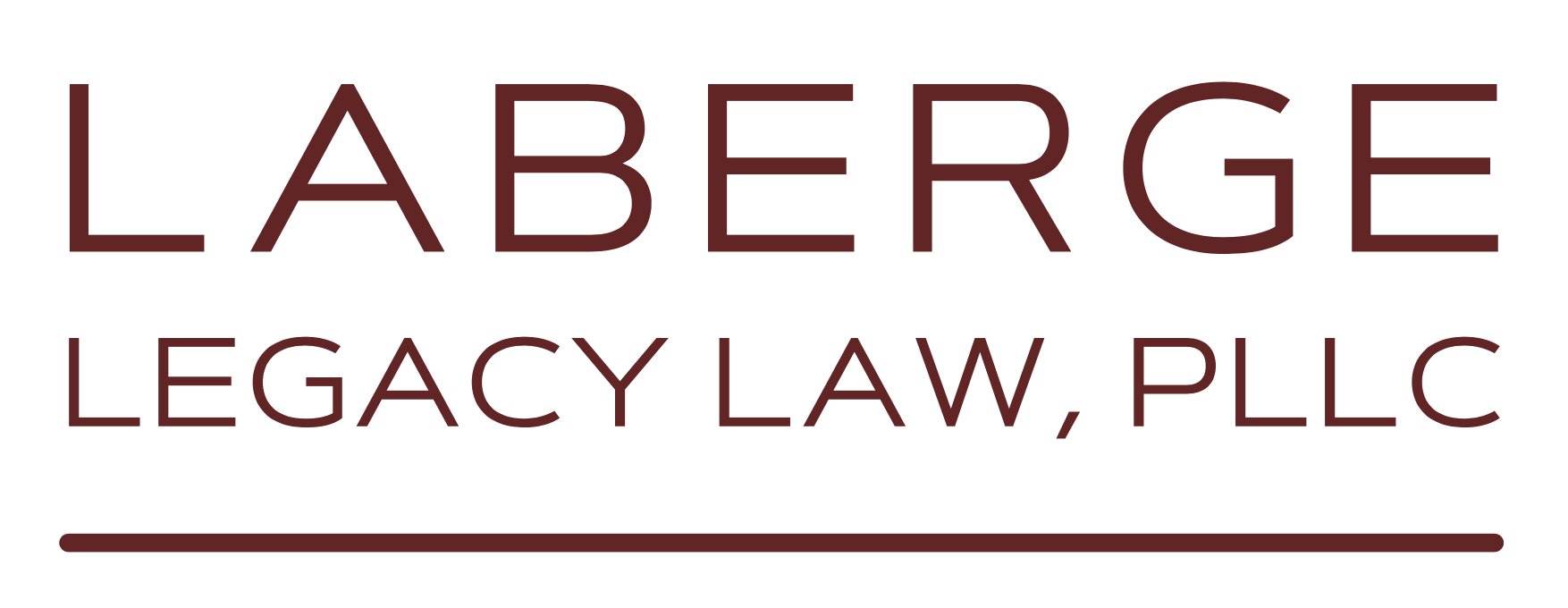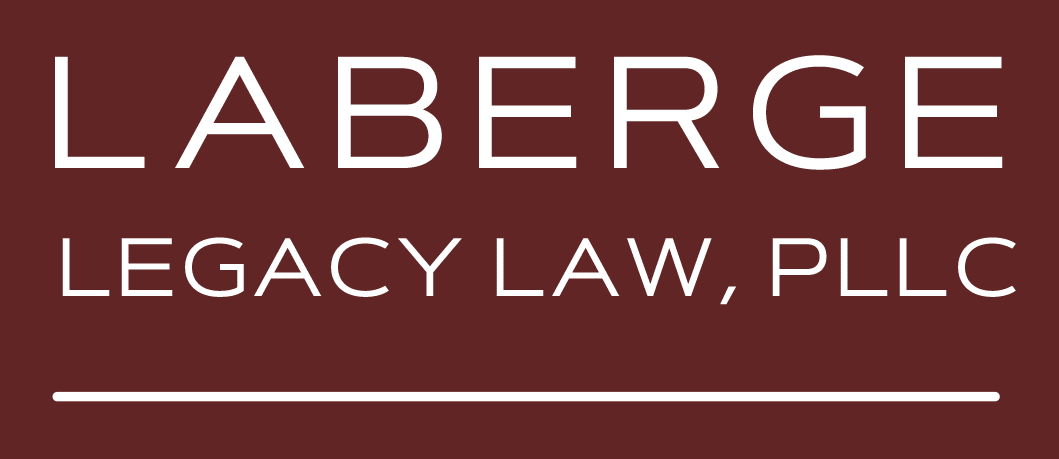CLIENT LOGIN
×Using disclaimer trusts in Minnesota
Minnesota estate planning attorneys, myself included, commonly recommend wills or revocable trusts with “disclaimer trust” provisions. The reason? Due to Minnesota’s estate tax exemption statute, disclaimer trusts provide surviving spouses with important flexibility without sacrificing potential estate tax effectiveness. An estate tax exemption is the amount an individual estate may transfer upon death without incurring estate tax. With some exceptions, Minnesota’s individual estate tax exemption amount is $1,400,000 in 2015. This amount will rise by $200,000 each subsequent year until it caps at $2,000,000 in 2018.
For example ...
Let’s look at a hypothetical scenario to see how an eventual “disclaimer trust” might be used. Assume a “decedent spouse” dies in 2015 leaving a personal estate worth $1,250,000 (a $550,000 retirement account, a $500,000 life insurance policy, and $200,000 representing his or her share of equity in a house owned jointly with his or her surviving spouse). In addition, the surviving spouse was named the primary beneficiary on the decedent spouse’s retirement account and life insurance policy, and – as directed in the decedent spouse’s will – the surviving spouse was the primary recipient of the decedent spouse’s other assets. So, everything is set up to go to the surviving spouse. Next, let’s assume the surviving spouse has his or her own estate worth $1,250,000. If the surviving spouse accepted the decedent spouse’s estate outright, the value of the surviving spouse’s estate would be $2,500,000. Fast forward to 2016. Assume the surviving spouse’s estate has now grown to $2,600,000. Also assume the spouse dies in 2016. Taking into account his or her estate tax exemption of $1,600,000 (remember, it increased by $200,000 according to state law), the estate of the second spouse to die would then be subject to estate tax on $1,000,000 ($2,600,000 estate minus $1,600,000 exemption = $1,000,000). Under the current Minnesota estate tax table, therefore, the estate would owe estate tax of approximately $100,000.
How a disclaimer trust might help avoid estate tax
A disclaimer trust might help avoid such estate tax. With a disclaimer trust option, after the death of the decedent spouse, the surviving spouse can choose to “disclaim” (i.e., refuse to accept) any portion of the decedent spouse’s estate. If this is done, any amounts disclaimed would – under the terms of the decedent spouse’s will or trust – be deposited into a “disclaimer trust” and distributed by a designated trustee according to the terms of the trust (often for the benefit of the surviving spouse – see below). For estate tax purposes, such a disclaimer would also remove the amount of disclaimed assets from the surviving spouse’s estate. And so, continuing our hypothetical, let’s assume the surviving spouse disclaims $1,000,000 of the decedent spouse’s estate. A few things would happen: First, the surviving spouse would receive $250,000 from the decedent spouse’s estate. This transfer is not taxed due to the unlimited marital deduction. In addition, the surviving spouse’s estate would increase to $1,450,000. Further, the disclaimed $1,000,000 would be deposited into a “disclaimer trust.” This transfer would also not be subject to estate tax because it would be less than the $1,400,000 exemption amount allowed by Minnesota law. Moreover, there would be no estate tax upon the surviving spouse’s death in 2016, since the value of his or her estate ($1,450,000) would be less than his or her $1,600,000 estate tax exemption available during that year. Therefore, in this scenario, the proper use of a disclaimer trust would have eliminated any state estate tax.
Disclaimer trust assets may still benefit the surviving spouse
At this point one might ask whether a surviving spouse would be hesitant to disclaim assets, if it means refusing to accept legal ownership of them. To this one can only give the classic attorney reply: ‘It depends’ – meaning, it depends on the surviving spouse’s needs and objectives. It's important to understand, however, that disclaimer trusts are most commonly established so that its assets are then available to the surviving spouse for his or her “health, maintenance, support and welfare.” From a practical standpoint, then, assets disclaimed by a surviving spouse – while not included in his or her estate for estate tax purposes – are still available to benefit the surviving spouse. In addition, disclaimer trust terms commonly provide that any trust assets remaining after both spouses die are to be distributed to the spouses’ children.
Additional considerations (and remember to review older wills and trusts!)
Are disclaimer trusts for everyone? No. Some clients do not need any tax planning provisions in their wills or trusts. For other clients, it might be more appropriate to automatically fund a credit shelter trust up to the federal individual estate tax exemption amount (currently $5.43 million per person in 2015). For many clients, however, depending upon the size of their estate and individual circumstances, disclaimer trusts are a useful tool for tax planning purposes. In all events, however, due to recent state and federal tax law changes, clients and their financial services professionals should review wills and trusts drafted under older tax laws. As just one example, some older wills and trusts fund credit shelter trusts up to the federal exemption amount. Not only could such funding result in immediate Minnesota estate tax (if the trust amount is greater than Minnesota’s estate tax exemption), but it could deprive the surviving spouse of more ready access to the decedent spouse’s assets.
It is also important to note that there are several rules concerning how assets can be properly disclaimed. Disclaimers must be in writing, and persons are not allowed to accept assets and then later disclaim. Particular caution should be taken concerning attempted post-death payments pursuant to beneficiary designations (e.g., retirement accounts, insurance policies, etc.). There may also be time frames within which disclaimers must be made. Qualified legal counsel should be consulted soon after someone’s death, and prior to accepting any assets of a decedent spouse.
An estate plan with disclaimer trust provisions may provide desired flexibility and other benefits to surviving spouses. A major potential benefit is that a surviving spouse may be able to eliminate or reduce his or her exposure to estate taxes. Yet, with a properly structured and implemented estate plan directing disclaimed assets to a “disclaimer trust,” a surviving spouse can still receive the disclaimed assets to meet his or her support needs.
©2015. LaBerge Legacy Law, PLLC. All rights reserved.
This article is provided for general informational purposes. It is not intended to be, nor should it be regarded or relied upon, as legal advice. Due to space limitations, some information is necessarily incomplete. Readers should personally consult a qualified estate planning attorney for legal advice applicable to their unique situation. Please see this site's disclaimer for additional information.
ADDRESS
1100 IDS Center
80 South 8th Street
Minneapolis, MN 55402
PHONE
LaBerge Legacy Law, PLLC


